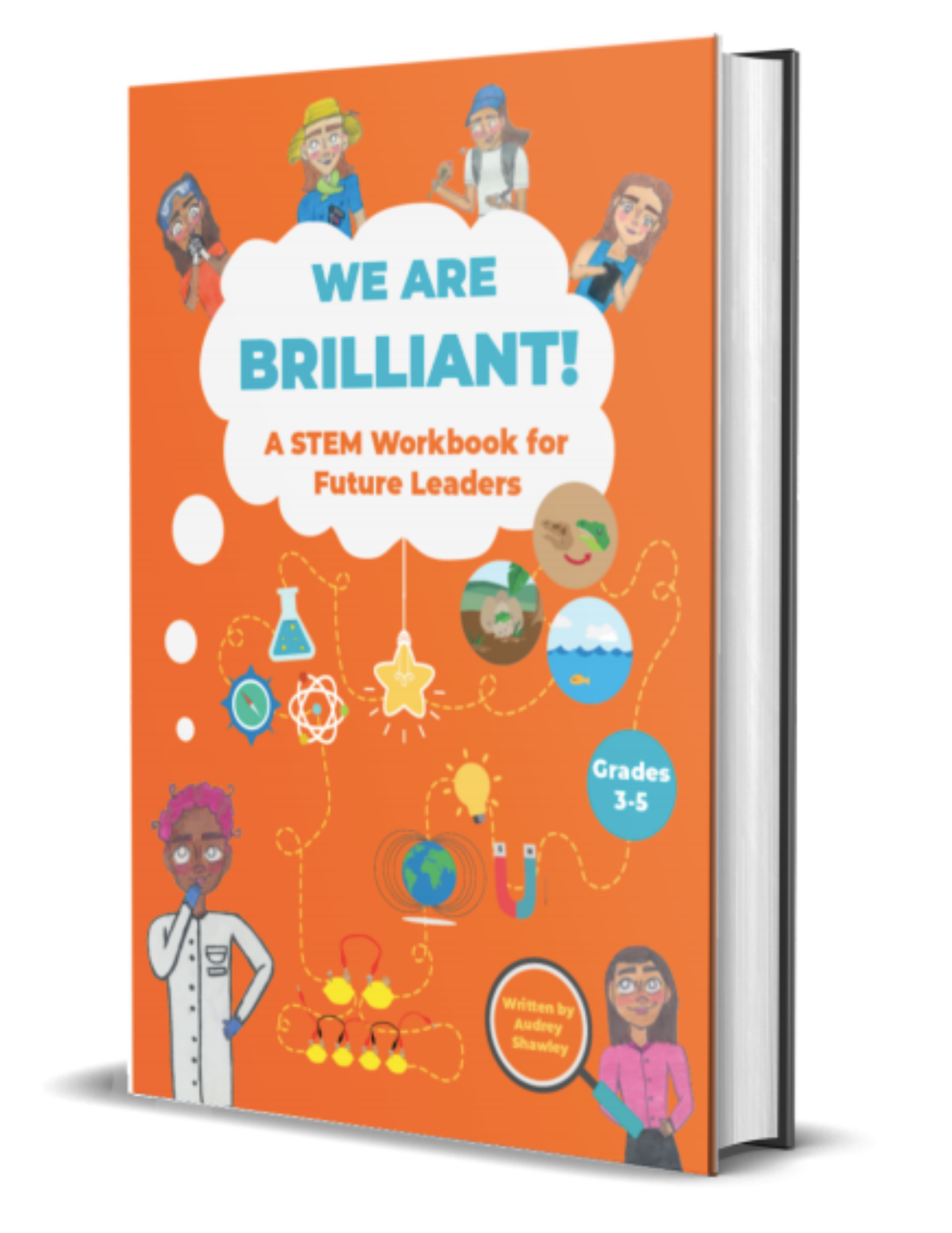Have you ever wondered why food tastes different when you’re sick? Today we’re going to learn why in this fun, taste-testing experiment that puts our senses to the test!
MATERIALS:
Variety of different foods (like fruit), all cut up into same-sized pieces
Blindfold
Pencil
Paper
An essential oil and cotton balls (optional)
TIME ESTIMATED:
20 minutes
DIRECTIONS:
With the help of an adult, prepare the food by cutting it into pieces that are the same size and shape to avoid any clues about their identity.
Create a chart on your paper with four columns. In the first column, list all the different foods that are being tested.
Put on your blindfold and have someone offer you the pieces of food to taste. After each taste, guess the food and have the helper write down your guess in the second column next to the actual food.
For the next round, plug your nose while still blindfolded, and taste the food again. Your helper will record your guesses in the third column.
For an extra challenge, dab a cotton ball with a few drops of essential oil under your nose and repeat the tasting. Record these guesses in the fourth column.
Remove the blindfold and see how you did! How many could you guess correctly?
Think Like a Scientist!
When did you best guess the food? When was it the hardest to tell?
HOW DOES IT WORK?
Today we explored how taste isn’t the only sense that helps us enjoy our favorite food! As we saw, our senses of sight and smell also change the way things taste. It was probably easier to guess the foods when you were just blindfolded than when you plugged your nose or used essential oil. That’s because our nose sends signals to our brain as we smell the food we’re eating, changing the way we experience our meals. When we block that, our brain has less information to decide what that food is, so we don’t taste it as strongly! When we’re sick, we normally lose our sense of smell, explaining why food tastes differently.
Further exploration:
Beyond eating, our sense of smell helps us in many different ways. For example, engineers work on creating electronic “noses”, or devices that can detect different odors. These are used for all sorts of things, such as roasting coffee beans or checking the air quality inside a space station. Doctors can also check for illnesses by testing a patient’s sense of smell, and food scientists test how smell changes the way we taste things, much like we did today!
Looking for more fun at-home STEM activities for your young scientist? Check out our workbook full of exciting science experiments and empowering activities!
Learn more and purchase today!


